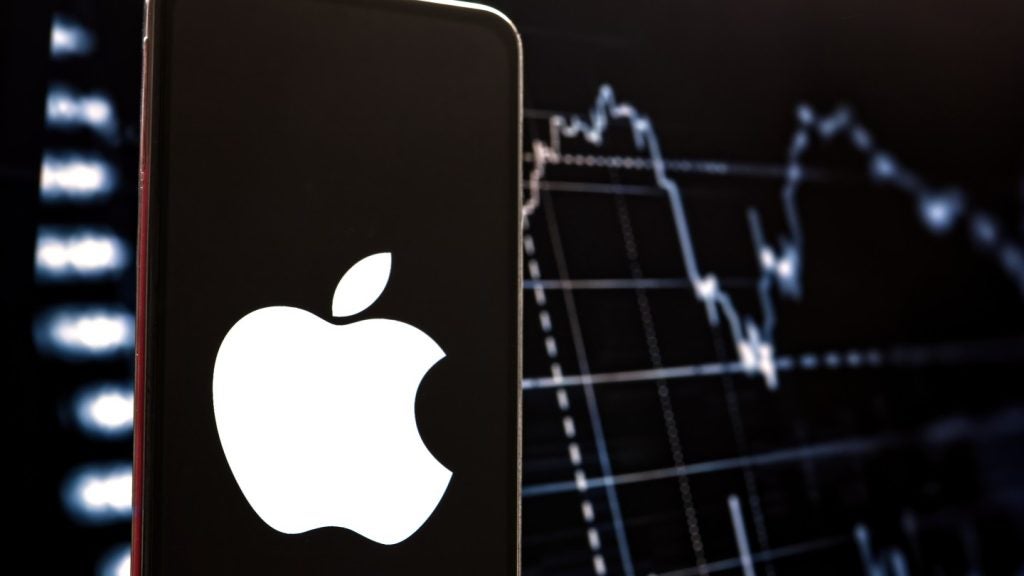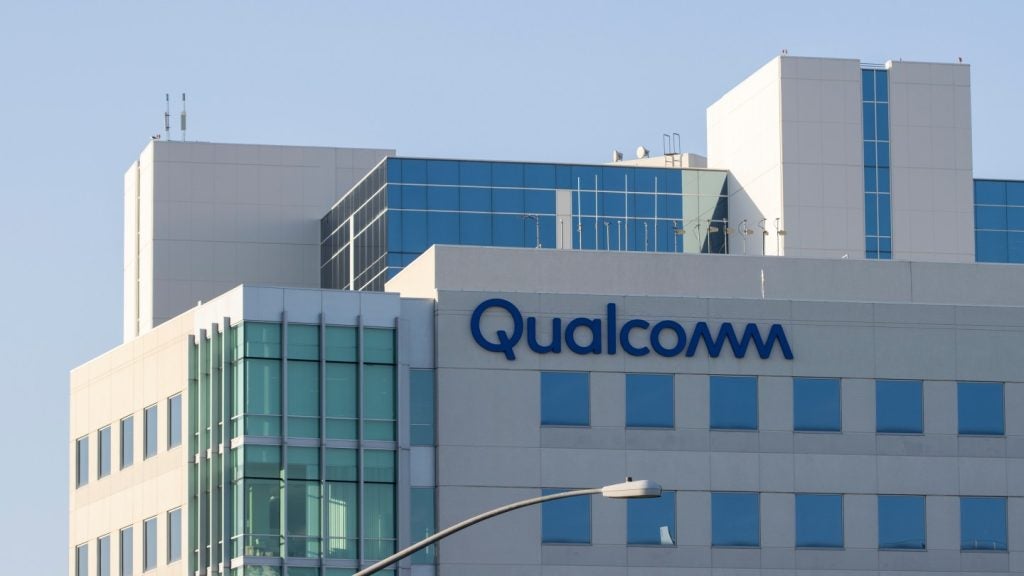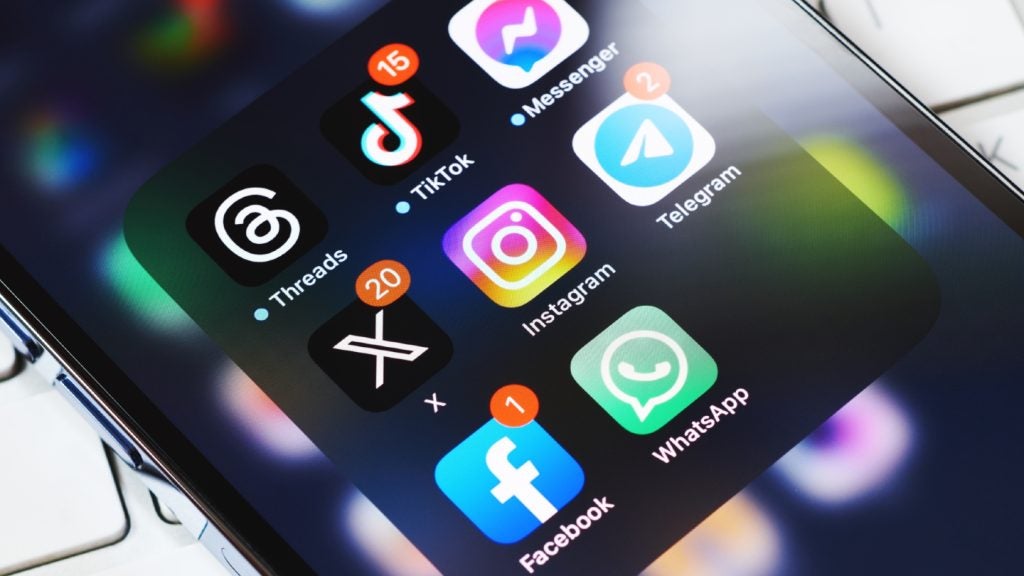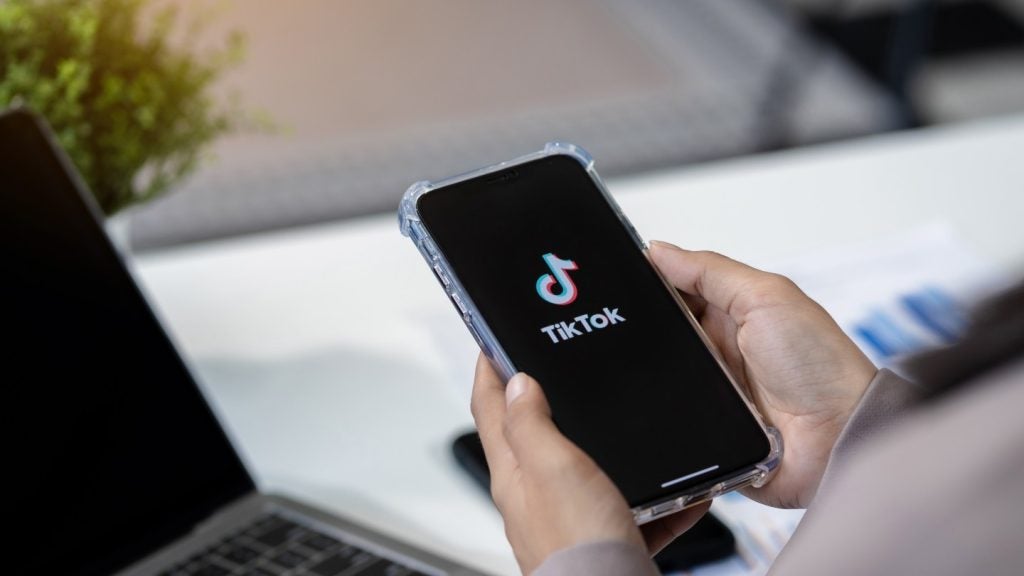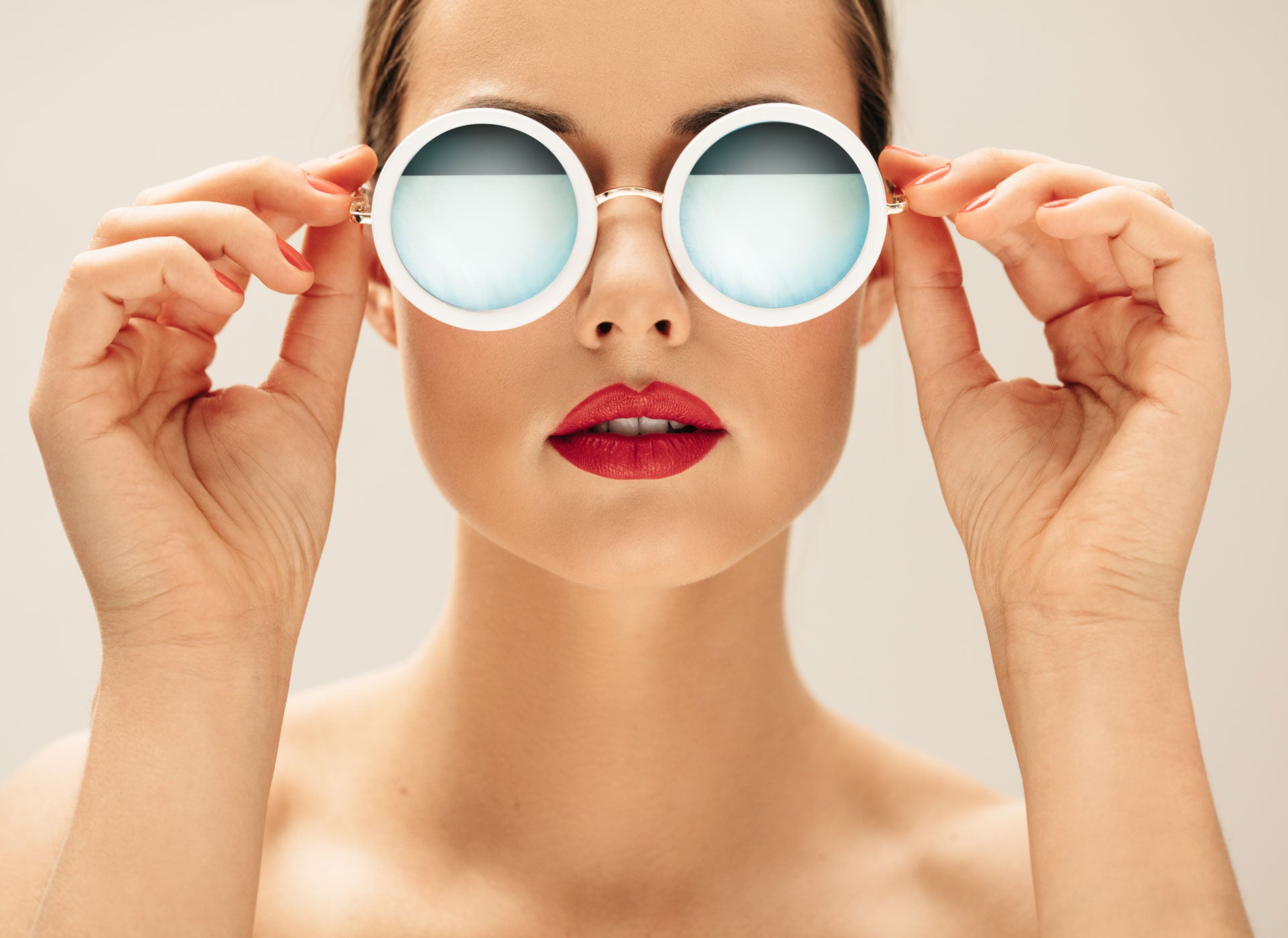
Disrupting beauty is big business. The beauty industry is growing more and more valuable as big brands and new brands are propelled to innovation through both technology and research.
A report from Mintel and CEW shows that UK consumers spent £25.1bn on beauty in 2017. As consumers demand more, brands are competing against one another to provide the most exciting products possible and are devoting considerable time and resource to get there. In addition to this, consumers are becoming more savvy, knowledgeable and influential, meaning brands are having to accommodate their customers’ attitudes towards beauty and take into account fast-moving beauty trends.
Two of the biggest – and clashing – trends at the moment are beauty technology devices and holistic beauty which encourages the use of natural ingredients in cosmetics. Both trends argue on how to provide the best and most effective skincare and both are driving the increase in creative, innovative beauty campaigns on all platforms including broadcast, print and social media.
Here we take a look at why these trends may go on to dominate the beauty industry in the years to come.
Disrupting beauty: Tech for all
With technology now so integrated into society and daily life, consumers are constantly excited for which new product or gadget will influence daily routines. When it comes to beauty, technology is shaking up the market through its ability to offer new, dynamic and exciting products with consumers eager to embrace a more in-depth look into their beauty routines.
From smart hairbrushes for healthy hair to artificial intelligence (AI)-powered electric toothbrushes for a picture-perfect smile, these smart tools can provide consistent, real-time diagnostics quickly and easily. Consumers are reaping the benefits of technological innovation and now expect and demand more.
This is evident in the rise of technology such as AI and augmented reality (AR) in beauty tools which are helping to transform the user experience, allowing consumers to test different styles and products quickly and seamlessly.
In particular, there has been a significant increase in skin analysis technology on the market as skincare is forecast to be the fastest growing subsector, with the UK leading the way globally for launches. Products such as smart beauty mirrors and handheld skin-analysis tools are providing consumers with the opportunity to measure and keep track of their hydration, acne and general skincare in the comfort of their own home.
Many devices, however, are still in the development phase and will need regular updates before they will be more user-friendly and accessible for the masses.
One with nature
On the other hand, with information so easily accessible now, it was only a matter of time before consumers started questioning the ingredients and processes behind beauty brands. Fears have arisen that popular makeup products use too many potentially harmful chemicals and synthetic ingredients.
This has led to a rise in new brands who promote their products as ‘organic’, ‘vegan’, or ‘medicinal’ and free from any harsh chemicals. According to Mintel, vegan claims trebled in haircare between 2014-2018 in the UK as companies look to appeal to those seeking ‘natural’ beauty.
This emphasis on all-natural ingredients has become part of the wider holistic beauty movement adopted by consumers and a range of beauty influencers who are seeking to match beauty with health and wellbeing and who are willing to pay the higher costs required to manufacture and develop these products. Only time will tell if these high costs will be sustainable in the long-run as the brands seek to attract a wider consumer audience.
Influencer reach
These beauty trends have been boosted by the rise of the social media influencer. With platforms like Instagram and YouTube, people can easily show off their tips, tricks and beauty advice, quickly amassing thousands of followers eager to learn. Brands are capitalising on their popularity and hope to recruit them as ambassadors to show off their products in the hopes of attracting new customers.
At the moment, influencers can be found promoting both holistic beauty and beauty devices but the trends are still in their infancy in this industry and will take time to refine their products. While technology provides a new, in-depth look never seen before, all-natural products are appealing to consumers over synthetic chemicals. As both trends grow and develop, we’ll see which one comes out on top.



